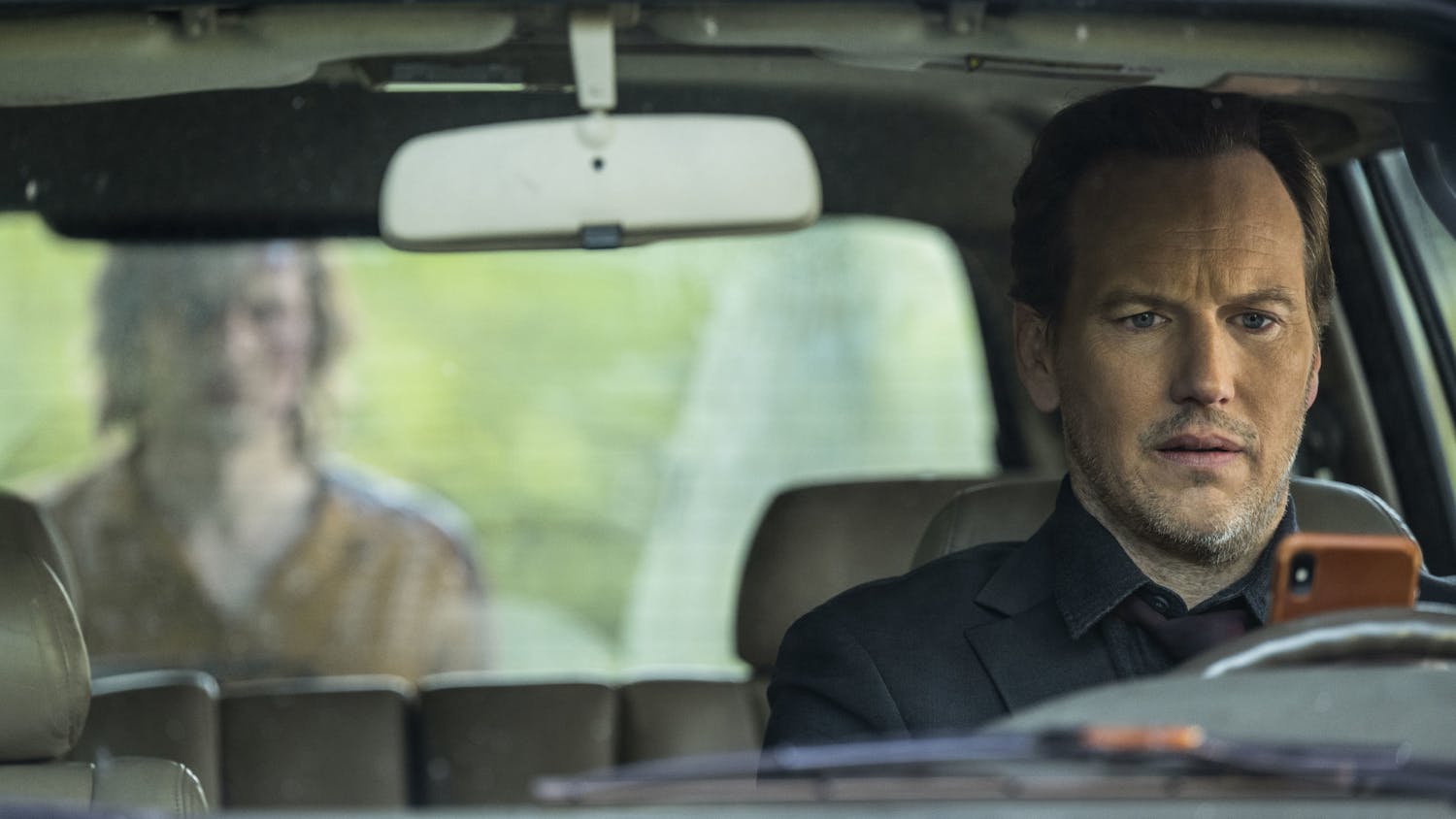Artists rarely get the biographical films they deserve. Ed Harris splattered the story of Jackson Pollock; Christine Jeffs' attempt at Sylvia Plath's career was suicidal; and while Jamie Foxx shone as Ray Charles, the faltering film "Ray" couldn't find its way out from its star's spotlight. \nFortunately, music legend Johnny Cash gets his due in "Walk the Line." On the surface, it's a simple tale of the artist known as the Man in Black. But a surface film this is not; rather, it's a deeply lyrical and finely crafted film from director James Mangold. It's captivating and unabashedly romantic, and it's one of the best movies I've seen this year.\n"Walk the Line" examines the early, pivotal years of Cash's life, from his early days on a New Deal farm to when he broke into the music scene with Sun Records in 1950s Memphis and toured with fellow artists Elvis Presley, Roy Orbison and Jerry Lee Lewis. \nCash is portrayed in a dead-on performance by Joaquin Phoenix. At first Phoenix comes off as a little too pretty and a little less weathered to play the baritone-voiced Cash -- but then again, so did Cash at first. When Cash auditions as a gospel singer for Sun Records producer Sam Phillips (Dallas Roberts), it's painfully embarrassing. "If you was hit a truck, and you was lying out in that gutter dying, and you had time to sing one song," Phillips tells Cash, "it better be the one song that would let God know what you felt about your time here on Earth." The effect on Cash was profound, and from then until the end, Phoenix slides into the role of Cash startlingly well.\nCash's early years on the road is just a fraction of the story in "Walk the Line." Perhaps the most influential person for Cash was June Carter, played by Reese Witherspoon in the film's second knock-out performance. She radiates energy as Cash's personal angel, the woman he falls in love with even when she initially wouldn't return the affection. Skillfully, the film weaves Cash's music career with his love for Carter. After all, she had such a profound effect on him that either story would be incomplete without the other.\nFor their source material, the screenwriters took from Cash's two autobiographies. It's the same biopic formula audiences have become accustomed to: a poor childhood with an oppressive parent, then huge success followed a troubled marriage and problems with drugs and alcohol. While those can seem like mere plot points in other films, they resonate in "Walk the Line" through the high-caliber performances.\nWith the Oscar buzz flying around the film -- particularly with the lead performances and the soundtrack, sung convincingly by Phoenix and Witherspoon -- it will be impossible for people not to draw comparisons to the buzz "Ray" had at this time last year. But beyond that, the comparison is flimsy. While "Ray" came off as a big-budget episode of "Behind the Music," "Walk the Line" packs an emotional punch. It's a movie Academy members will appreciate, and it's the movie Cash deserved.
The Man in Black is back

Get stories like this in your inbox
Subscribe





